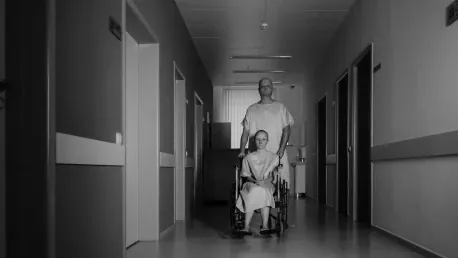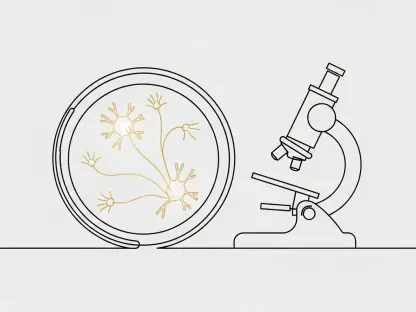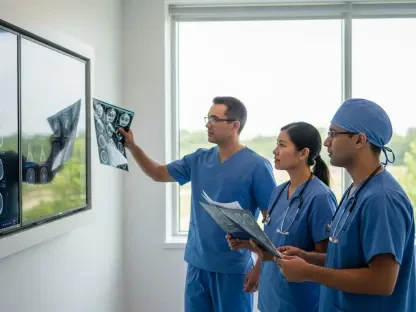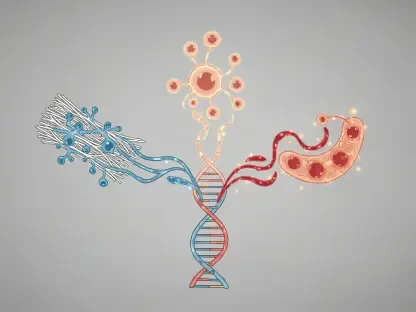Doctors have embarked on a groundbreaking study to understand why a unique group of cancer patients, known as “super-survivors,” manage to live far longer than expected after being diagnosed with particularly aggressive cancers. This major investigation involves not only eight NHS cancer centers but also numerous international hospitals, all working together to identify these extraordinary individuals who have responded remarkably well to treatments for conditions such as extensive-stage small-cell lung cancer, glioblastoma, and metastatic pancreatic ductal adenocarcinoma. The study plans to gather comprehensive biological data from 1,000 patients and their tumors, meticulously examining factors like DNA, blood proteins, microbes, and molecular biomarkers to pinpoint the reasons behind these improbable survivals.
The Rosalind Study
Named after Rosalind Franklin, the renowned scientist who played a pivotal role in discovering DNA’s double helix structure, the Rosalind study is spearheaded by Dr. Thankamma Ajithkumar at Cambridge University Hospital NHS Trust. Its primary goal is to uncover whether genetic mutations within tumor cells or specific immune system responses are responsible for the extended survival of these patients. The research team hopes that their findings will unveil key vulnerabilities in cancer cells and inspire the development of new therapies that replicate the beneficial biological traits observed in super-survivors, potentially transforming the landscape of cancer treatment.
Integral to this effort is the creation of an international database managed by Cure51, a French startup funded by Sofinnova, a Paris-based venture capital firm. This database will compile and store the detailed biological data collected from the study participants. According to Cure51’s CEO Nicolas Wolikow, the information gleaned from this study could play a crucial role in demystifying the mechanisms behind prolonged survival in cancer patients. In turn, this knowledge may pave the way for devising novel treatments that could someday contribute to the eradication of cancer.
Challenges and Potential
Despite the high hopes and promising prospects, the study is not without its challenges. One of the most significant hurdles lies in identifying and enrolling super-survivors, especially since patients in the UK who fare well tend to be discharged after five years, making long-term follow-up a complex process. However, these patients, or super-survivors, who are interested in contributing to this vital research can contact the Cambridge Cancer Trials Centre.
Dr. Hattie Brooks of Cancer Research UK underscores the importance of this study in elucidating why certain treatments are more effective for some patients than for others with the same type of cancer. By understanding these differences, the research could spur the creation of new, more potent therapies tailored to those contending with particularly hard-to-treat cancers. Although the study is still in its nascent stages, its potential impact on pioneering advanced treatment methodologies and improving patient outcomes for aggressive cancers is immense.
A Path Forward
This detailed examination of super-survivors represents a critical move toward deepening our understanding of cancer and fostering more personalized and effective treatments. The collaborative global effort embodies a shared commitment to leveraging the experiences of those who have defied the odds. By learning from super-survivors, the study aims to unlock the secret behind their exceptional responses to treatment, offering hope and potentially life-changing insights for future cancer patients.
As the international research team continues to gather and analyze data, the results may very well redefine the approach to cancer therapy. The possibility of uncovering specific genetic or immunological factors that contribute to prolonged survival presents an exciting frontier in oncology. The extensive data collection coupled with cutting-edge analysis techniques promises transformative discoveries that could translate into tangible improvements in treatment protocols and patient care.









